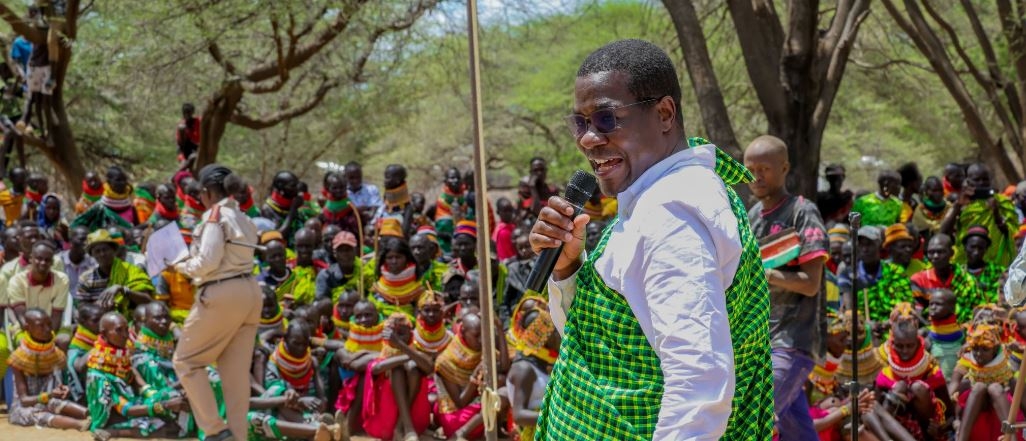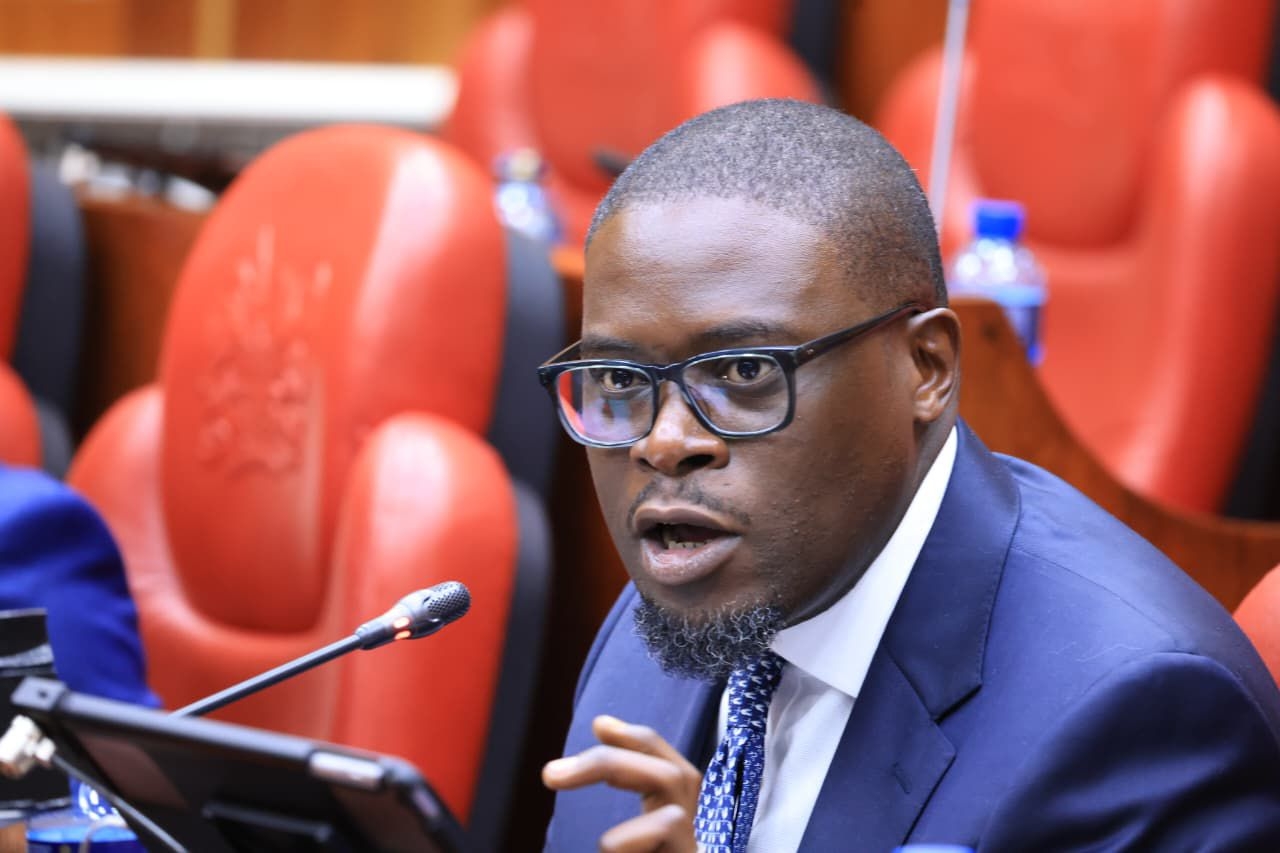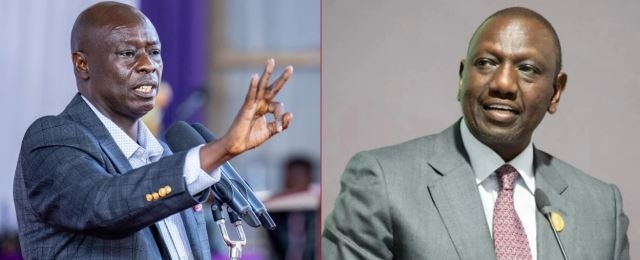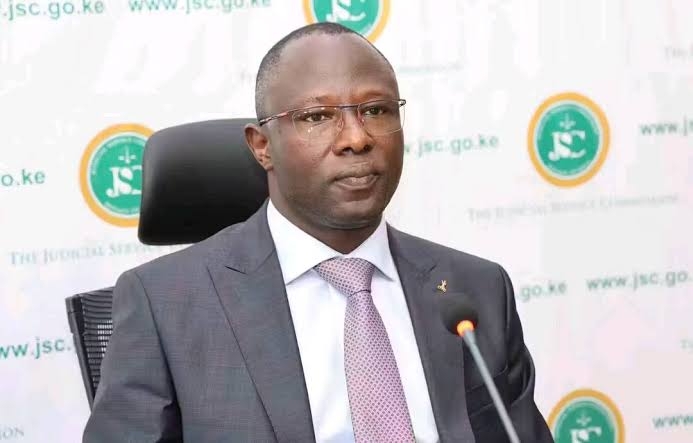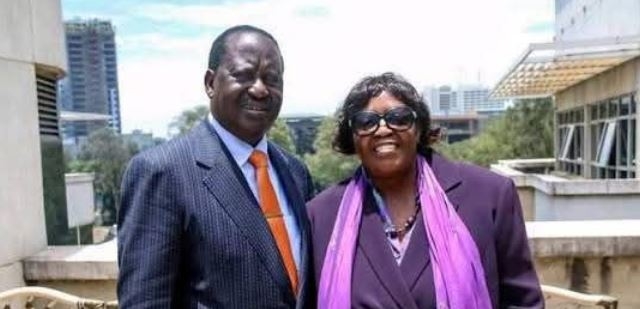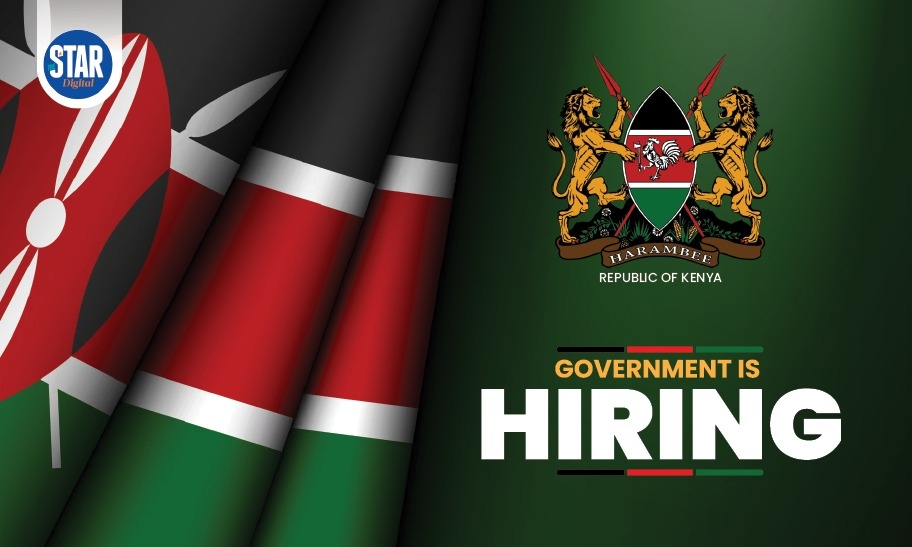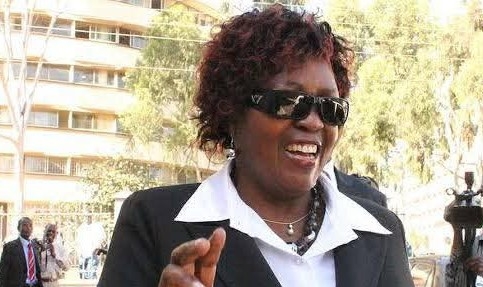Five of the President William Ruto’s Cabinet Secretaries have accumulative net worth of over Sh2.5 billion, documents tabled in Parliament show.
The total worth of the broad-based government is expected to shoot as the National Assembly’s Committee on Appointments is set to vet 17 more nominees.
The five who appeared before the vetting panel chaired by Speaker Moses Wetang’ula yesterday were; Kithure Kindiki (Interior), Debra Barasa (Health), Alice Wahome (Lands), Julias Ogamba (Education) and Soipan Tuya (Defence).
Kindiki who was the first on the hot seat, told the Wetang’ula-led committee that he is worth Sh694 million.
This includes two homes —rural home as well as Nairobi residence— SACCO savings as well as a fleet of vehicles worth Sh17 million.
This is a Sh150 million jump in 21 months.
In October 2022 when he appeared before the same committee, the former Senator told the team that he was worth Sh544 million.
This translates to Sh7.1 million monthly income outside the salaries for the 21 months he was in office before he was dismissed from Cabinet alongside 20 others.
Kindiki however explained that the increase is as a result of payment of legal fees that had been unpaid before his appointment in 2022.
“First, let me start by saying I have not benefitted from any improper business. I have not done any business with the government,” Kindiki told MPs.
“Most of the increment is because of three things, legal fees which were pending and I also do small businesses. None of my monies has come from the public except the salary.”
Dr Barasa who has vast global and local experience in the health sector, told the vetting panel that she is worth Sh455 million.
She explained the amount is inclusive of what she owns together with her husband.
“My net worth is a combination of mine and my husband and it is Sh455,845,320,” she told the team.
Lands nominee Wahome is worth Sh337,650,000, denoting an increase of about Sh119 million over the two years she was in office.
“My net worth is about Sh337,650,000 it is mine and my husband,” Wahome said.
“It is the properties that have increased in value, then there is one family that was not paying rent and paid Sh14 million,” she said responding to questions by Wetang’ula who had sought to know how much she was worth during the last vetting.
Lawyer Ogamba who is poised to succeed Ezekiel Machogu at the Education ministry, declared his net worth to be Sh790 million.
Tuya on the other hand is worth Sh243 million being made up immovable property, motor vehicle, bonds, shares in SACCOs and farming.
This is an increase of Sh87 million compared to her Sh156 million worth when she was vetted in 2022.
The nominees also faced tough questions on their suitability to serve in the new look Cabinet drawing from their past.
In an unprecedented first, a record 1,300 submission were filed with National Assembly’s Clerk Samuel Njoroge either challenging or supporting the nomination.
“One hundred and eighty-seven of these submissions are in the form of affidavits contemplated under section 6(9) of the Act,” Wetang’ula said.
“The rest of the submissions either generally opposing the appointment of one or more nominees are repetitions, are filed in support of the nominees or are unrelated to the exercise.”
Eleven submissions were filed against Kindiki while Barasa had seven memorandums against her nominations.
For Wahome, there were nine memorandums contesting her nomination to Ardhi House.
Speaker Wetang’ula said the nominees were served with the memos and had responded to each of them.
He however did not disclose the nature of concerns raised on the nominees.
The vetting at Parliament coming over a month after the first storming of Parliament by aggrieved Kenyans, was being closely monitored by the public.
To demonstrate the level of public engagement, Wetang’ula would sample some of the questions from Kenyans who were following the session virtually and put to the nominees.
Interior CS nominee Kithure Kindiki struggled to come clean on claims of extra-judicial executions, abductions and laxity during the invasion of Parliament.
MPs on Thursday confronted Kindiki faulting him of alleged slackness when the country was almost burning from the nationwide Gen Zs protests.
National Assembly Minority Whip Junet Mohammed accused Kindiki of being an absent CS during the month-long protests, and not giving the nation assurance as a man in charge of the critical security docket.
“If you look at what happened, in my view you looked as someone who was lost. Your presence was not being felt,” Junet said.
“You have been widely accused of presiding over human rights abuses especially what happened on July 25, and during Azimio protests last year.”
In his response, Kindiki absolved himself from blame on police brutality saying the officers have individual responsibility on their actions.
“The issue of use of firearms by police officer is individual, every police officer has individual responsibility on how to use the firearm. In the event—as it may be possible—that any officer went beyond what is allowed in the use of force, it is now the work of oversight bodies like IPOA to help the country to bring to closure the cases,” Kindiki said.
The nominee said his role as the CS was purely giving the policy framework and nothing to do with operations.
Deputy Minority Leader Robert Mbui asked the nominee why he didn’t decline the appointment especially after Inspector General of Police Japhet Kiome resigned over police excesses in dealing with the protestors.
“During your tenure over 100 Kenyans have been killed, I did see IG resigning. Do you think as CS you could have taken political responsibility by either resigning or declining the appointment?” Mbui posed.
On the Haiti deployment, Kindiki said the employment of the officers in the foreign land has not in any way hampered local operational capabilities of the National Police Service.
“Haiti has not affected our operations; all countries in the world do have their security matters. They (officers) would profile Kenya properly, that deployment has not affected our operational capabilities,” Kindiki said.
Barasa was put to task on her competence to dismantle the cartels at Afia House and addressing the mess in the sector including the frequent doctors’ strike.
The nominee was also questioned about the impending transition from NHIF to the new Social Health Authority.
“Mr chairman, we can use digital platform, transparent tender as well as engaging EACC and other agencies in the discussion towards eradicating cartels at Afya House,” she said.
The nominee also gave a ray of hope to medical workers in their push for the establishment of the Health Service Commission.
“As part of the doctors’ fraternity, I support the National Health Service Commission,” she told the vetting panel.
Meanwhile, Wahome was at pains to explain the justification of the Lands Amendment Bill that proposed levies on ancestral land across the country.
“The Bill which came to the House, wanted to levy ancestral land in this country. At the end of the day Kenyans would not accept,” Matungulu MP Stephen Mule said.
The Land Laws (Amendment) Bill, 2023 was later withdrawn by Majority Leader Kimani Ichung’wa after public outcry.
On the housing levy, Wahome said, “this is a new programme that is just starting and has been met by numerous challenges. I see the programme going there (rural) in the future.”
She was responding to concerns by Pokot South MP David Pkosing who had sought answers on how the rural population who are paying the house tax are set to benefit from the housing units.




